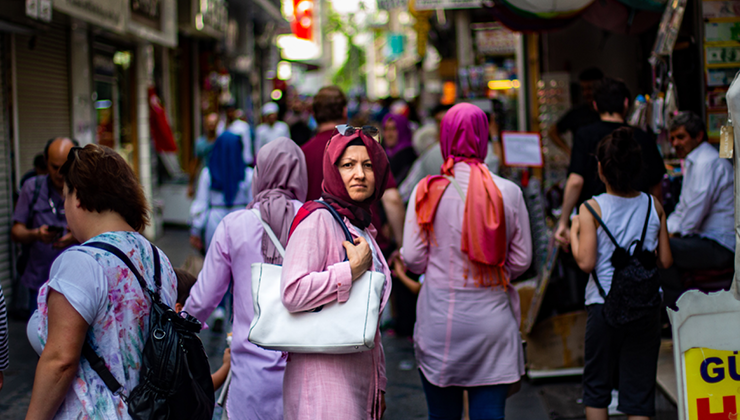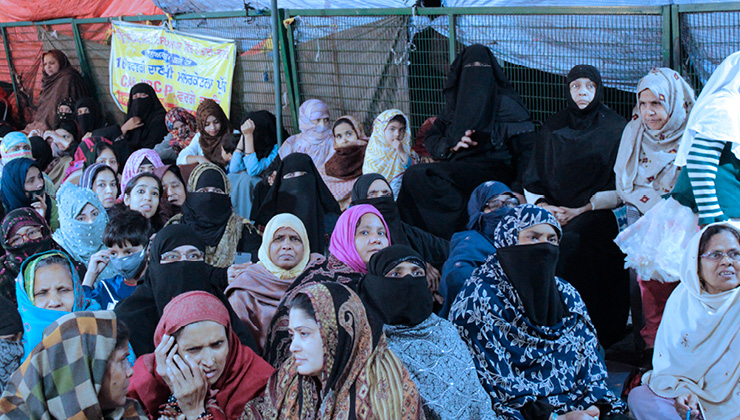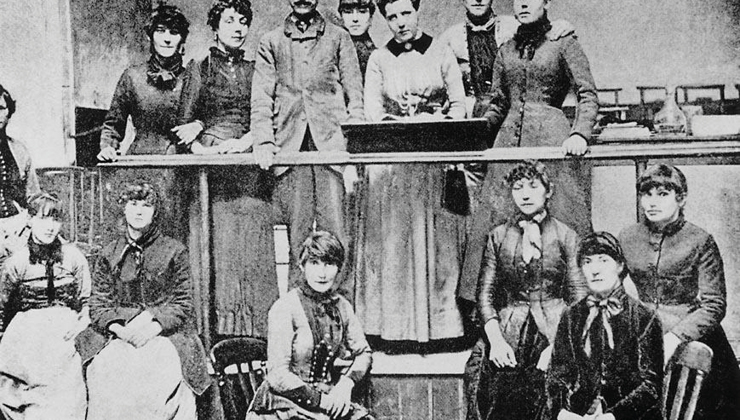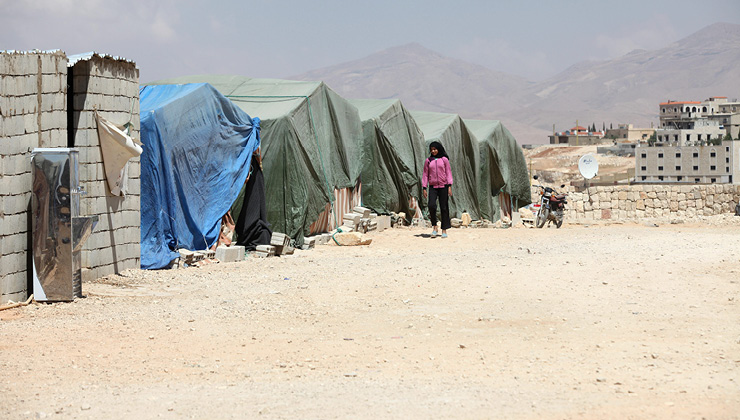Jamie J. Hagen, author of our second Women, Peace and Security working paper discusses the inclusion of Lesbian, Gay, Bisexual and Trans (LGBT) groups in the Colombian peace process. Was the rejection of the deal by an initial referendum influenced by traditional gender politics to a greater degree than has been thus far acknowledged? And what lessons can be learnt for the Women, Peace and Security agenda at large?
The Colombian peace process is the first ever to include LGBT groups. Yet local religious leaders arguing of foreign influence lashed out against the landmark inclusion. This narrative of “outside influence” is a common obstacle faced by those engaged in today’s gender wars. Promoting LGBT rights as human rights in many countries is running right up against the colonial legacy of Western countries as well as religious resistance.
After the Colombian peace deal was rejected by a narrow margin in a popular referendum I, along with so many others, had to ask why. Because I study the WPS architecture I was particularly curious to know: What role did the inclusion of LGBT issue play in the rejection of the Colombian peace deal? What will this anti-LGBT backlash mean for those who risked fighting for inclusion of LGBT people? Of critical concern as I ponder these questions is how to move forward towards peace with those made most vulnerable by the political climate post-referendum.
The international community has fought for women’s inclusion in the peace process for over a decade. UN Women conducted a global survey of women’s participation in peace agreements and found only 4% of signatories to peace processes are women. Organizations like Women’s International League for Peace and Freedom (WILPF) mobilize globally for the inclusion a gender perspective to better understand conflict, highlighting how women’s livelihoods, security, reproductive options, human rights as all impacted by conflict. Historically these same groups fall short of extending the same analysis to understanding how LGBT people experience conflict. A narrow definition of “women” has neglected to include lesbian, bisexual and transgender women or LGBT rights organizations in this struggle until now.
Most initiatives for women and gender in conflict have focused on addressing sexual violence. Rather than as negotiators for peace and members of a post-conflict society, women are typically only discussed in passing as victims of violence. But nearly 40% of FARC combat forces were women. The Colombian peace negotiations created a Gender Subcommission to ensure a more substantive inclusion of gender in the process. The subcommission of 18 people from various civil society organizations was also vital to the creation of the first-ever National Commission of Indigenous Women as well as greater communication between civil society and the security sector.
What’s happening in Colombia may look familiar to people in the United States too. A similar framing of “traditional” ideas about women and the family surfaced in conversations about LGBT equality in both countries. Be the issue abortion, sexual orientation, or wearing a hijab, topics of gender politics trigger larger debate about power, politics and progress. Yet this call to “traditional” values by political and religious leaders neglects the lived experiences of LGBTI communities now and in the past. And the anti-LGBT backlash faced when legal gains are made should also look familiar. Same-sex marriage was legalized in Colombia this year. Similar to the backlash in the form of anti-trans laws in the United States, conservative Colombian’s are pushing back against these gains.
For greater insight into what is happening on the ground with LGBTQ individuals I reached out to PhD Candidate Cesar Sanchez-Avella who explains the reaction within Colombia to the language about gender in the accord that, “although there is no explicit mention of the notion of ‘gender ideology’ within this text, it is subtly hidden behind expressions such as ‘enfoque de género’ [gender focus], ‘identidad de género’ [gender identity], ’valores no sexistas’ [no-sexist values], and ‘población LGBT’ [LGBT population], among others related to women and gender studies.” Sanchez-Avella continues, “When these religious leaders are asked if the inclusion of the LGBT population as victims of the armed conflict worries or bothers them, they answer that even when they love LGBT people, and acknowledge their suffering, LGBT should not be mentioned as a different population, arguing that their issues as victims, and also the issues of women, can be solved if (nuclear and heterosexual) families are included as the main victims of the armed conflict, assuming that LGBT people are always part of a ‘natural’ family.” Although the referendum failed, peace negotiations continue with talk of a new peace deal.
Nevertheless, much was revealed by the role gender played in the derailment of the peace agreement in Colombia during the popular referendum. Disagreements over sexual orientation and gender identity ultimately played a key role in the social perception of the peace deal after four years of negotiations between the Colombian government and Revolutionary Armed Forces of Colombia (FARC) rebels.
This discussion of “gender ideology” goes beyond the struggle for peace in Colombia. There are violent consequences of xenophobic and homophobic behaviour by political and religious leaders. The bodies of LGBT individuals are on the frontlines of the gender wars around the globe. Some of these people are stepping forward as evidenced by the civil society engagement in Colombia’s ongoing peace process. Local organizations such as Caribe Afirmativo place LGBTI issues front and center in resolving the harms met by those who have suffered over five decades of war. In a piece in the NYTs about the anti-LGBT backlash Marcela Sanchez, director of Colombia Diversa, notes how disappointing it is that people should be more frightened by homosexuality than war. In a recent exchange e-mail Sanchez made it clear that LGBT inclusion in the peace agreements is currently at risk.
Colombia should serve as an indication of what to expect in the future if gender equality is to be a part of peace and security efforts, and peace negotiations specifically. It is not enough for those charged with gender equality work in conflict resolution to implicitly address sexual orientation and gender identity. The future of global peace and security for LGBTQ individuals requires bold, loud and ongoing support for local LGBTQ organizations, and the central engagement of queer and trans voices.
The views, thoughts and opinions expressed in this blog post are those of the author(s) only, and do not reflect LSE’s or those of the LSE Centre for Women, Peace and Security.
Image credit: Mick De Paola on Unsplash





